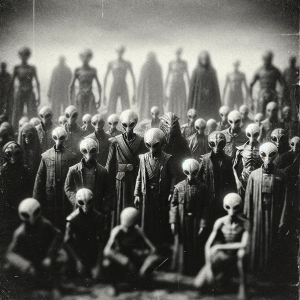Alien life, especially intelligent extraterrestrial civilizations, remains one of the most profound mysteries of the universe. While we often ponder the question of whether we are alone in the cosmos, it’s equally important to consider how different life forms, such as aliens, might perceive and define concepts like morality. In this blog post, we delve into the fascinating realm of alien morality and explore the many possible ways that ETs might define right and wrong.
I. Diverse Moral Frameworks

Just as human societies have varying moral values and ethical systems, it’s reasonable to assume that different alien species would possess their own unique moral frameworks. These moral codes may be shaped by their evolutionary history, cultural influences, and environmental factors. For instance, a species that evolved in a harsh, competitive environment might have a vastly different moral code compared to one from a more harmonious ecosystem.
II. Moral Relativism
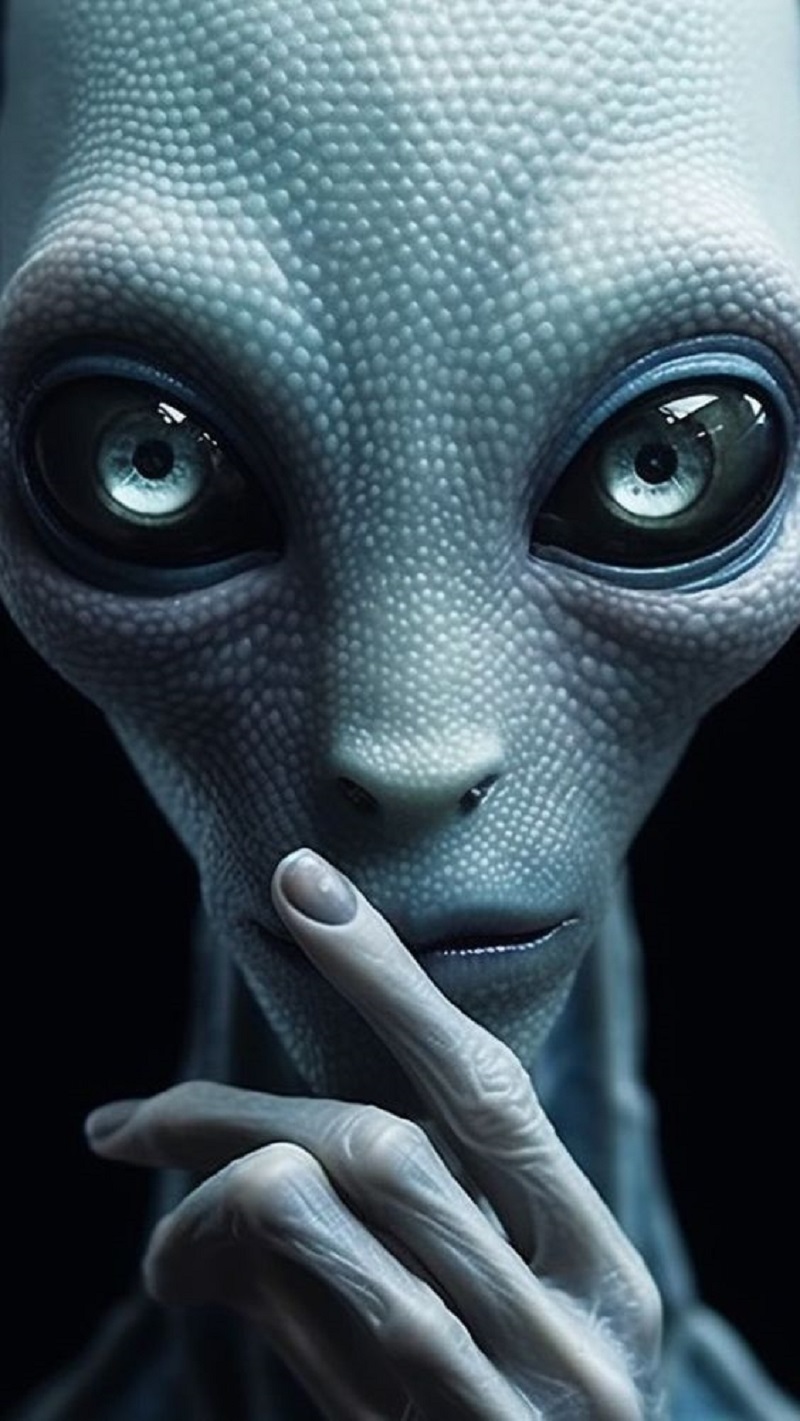
The concept of moral relativism suggests that morality is relative to individual, societal, or even species-specific perspectives. Aliens might have entirely different sets of values, rooted in their unique history and experiences. What we perceive as right or wrong might not align with their moral compass. This raises the question: How do we judge the morality of beings whose values may be profoundly distinct from our own?
III. Universal Moral Principles
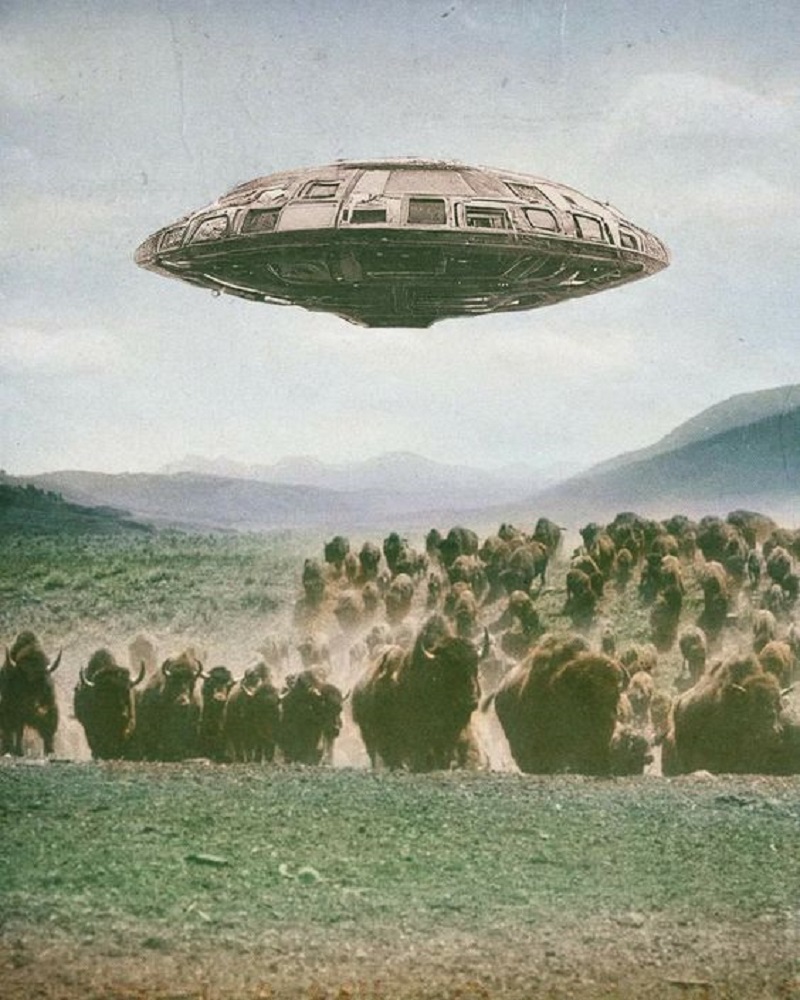
While diversity in moral frameworks is expected, there could also exist universal moral principles that transcend species. Concepts like empathy, cooperation, and the preservation of life might be common ethical foundations shared by intelligent civilizations throughout the cosmos. These universal principles could serve as a basis for communication and cooperation when different species encounter each other.
IV. The Myterity of Alien Morality
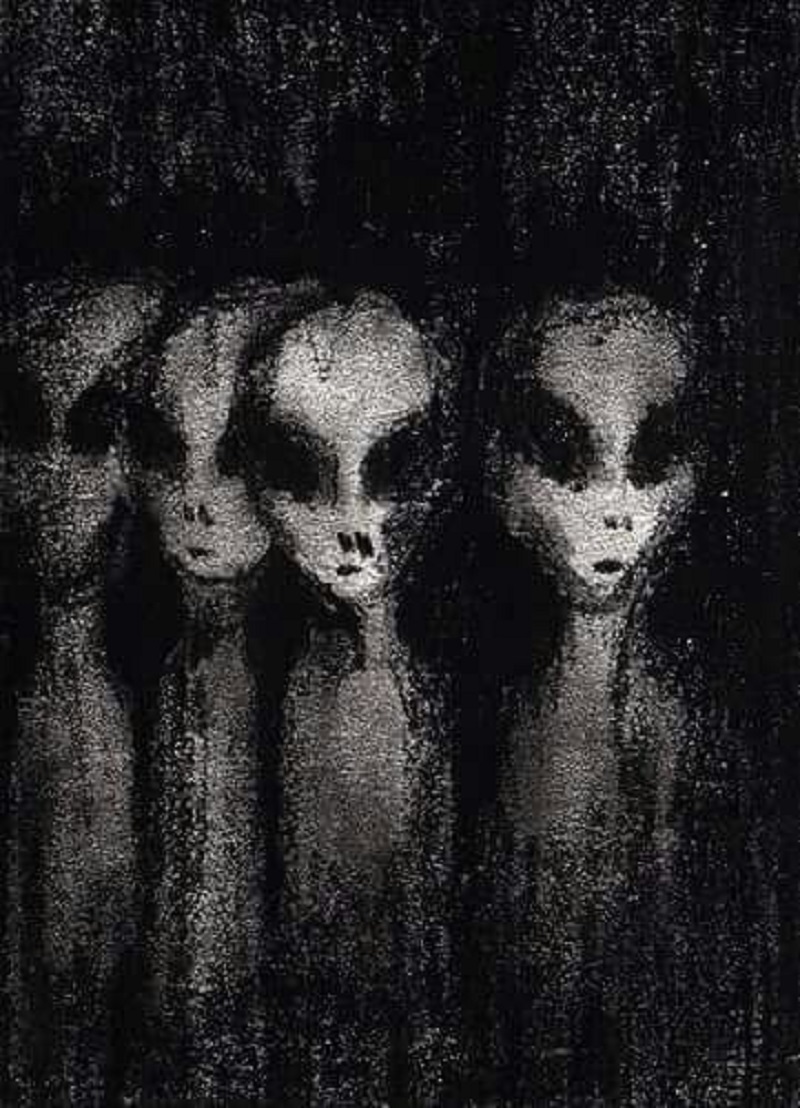
The myterity of alien morality deepens the intrigue of potential extraterrestrial encounters. How would humans and aliens navigate the complex landscape of differing moral values? Would interstellar diplomacy require a new set of ethical guidelines to ensure peaceful coexistence? The exploration of this myterity invites us to reflect on our own morality and consider how it might evolve in the face of contact with beings who see right and wrong through entirely different lenses.
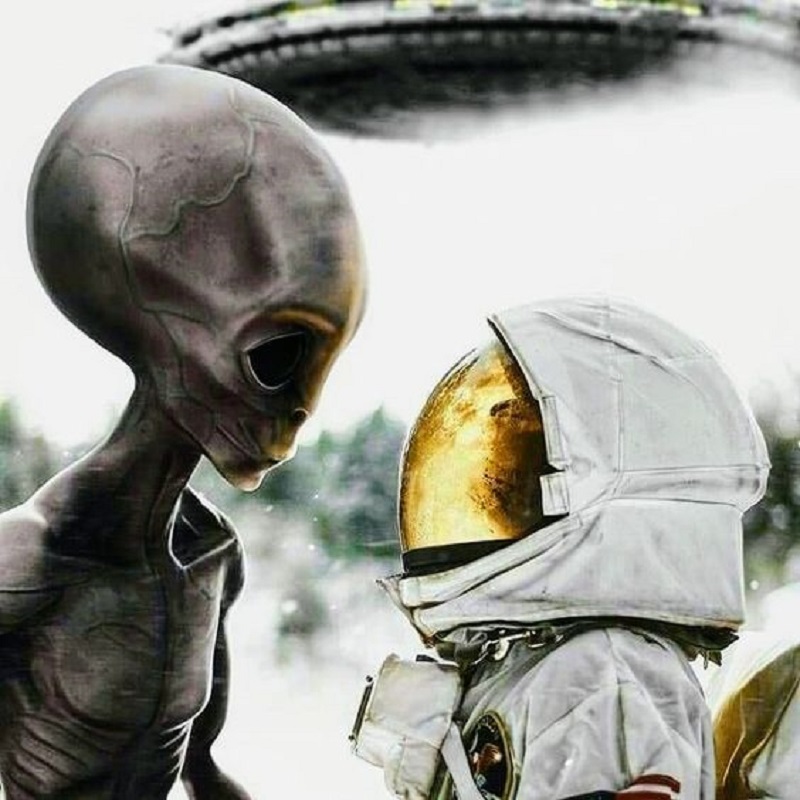
The quest to understand alien morality is as much a journey of self-discovery as it is an exploration of the unknown. While we may never fully unravel the moral codes of extraterrestrial civilizations, the mere contemplation of this enigma encourages us to reflect on our own values, beliefs, and ethics. As we ponder the vastness of the cosmos and the diversity of life it may contain, we are reminded that, in the grand tapestry of existence, every sentient being brings its own unique perspective to the eternal question of what is right and wrong.
Ultimately, the myterity of alien morality challenges us to be open-minded and respectful as we consider the possibility of encountering ETs with vastly different values. It serves as a reminder that, in the pursuit of understanding, empathy and cooperation can transcend even the most profound of cosmic differences, offering a glimmer of hope for future interstellar relationships.
